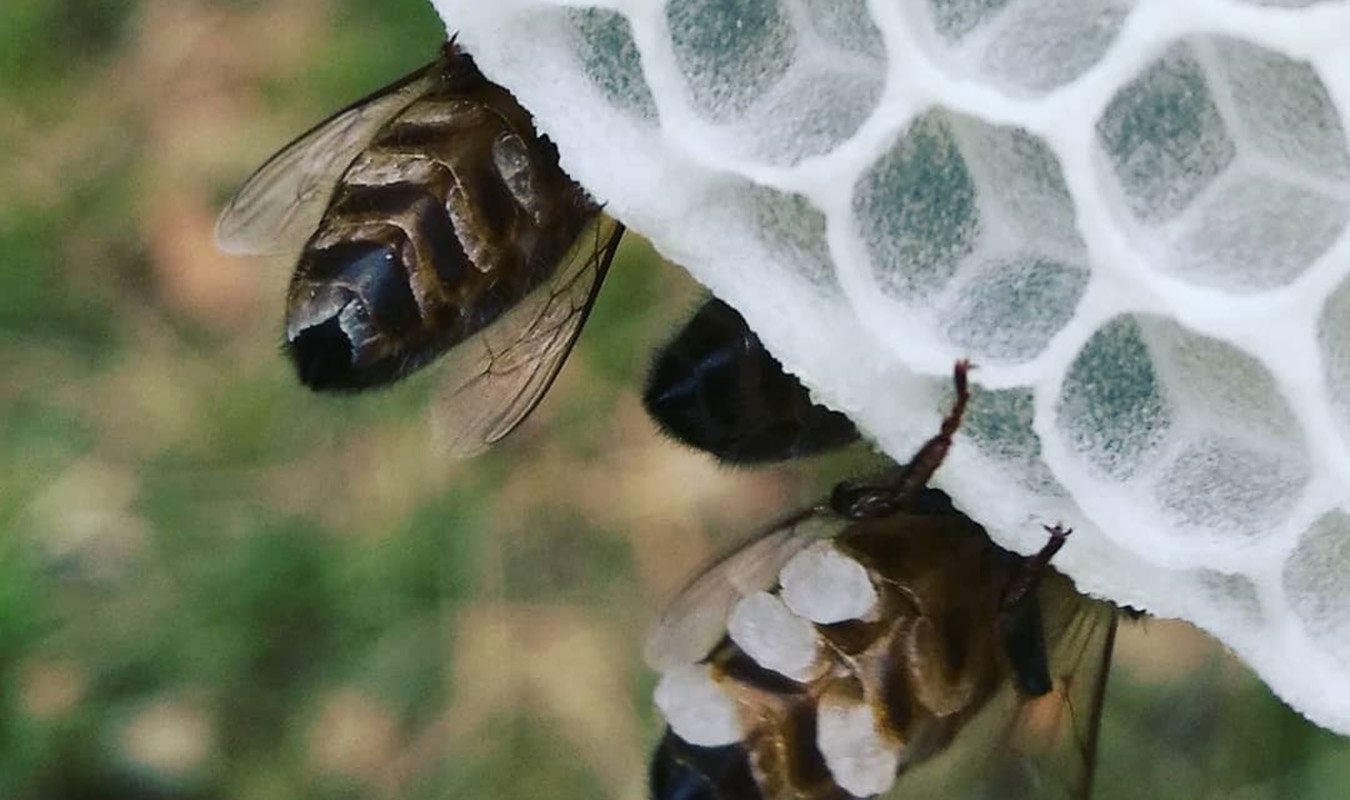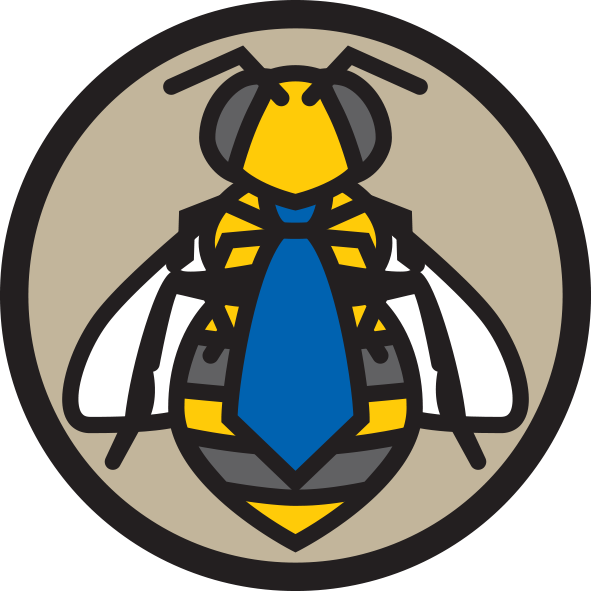The Australian Honey Bee Industry Council (AHBIC) recently released a statement regarding the importation of beeswax. Testing of some imported beeswax has shown that it contained chemicals that are not permitted in Australian beeswax, and that some purported pure beeswax had been adulterated with paraffin.

Photo courtesy Milan Wiercx van Rhijn (Bees for Development)
Beeswax is used in beekeeping to make foundation – the template on which colonies build their combs, and to protect hive components. Beeswax is permeable, and chemicals such as pesticides, insecticides, miticides, herbicides, and fungicides can accumulate in the wax. This can have a negative effect on the health of bees. Australia is very lucky not to have the Varroa mite. One outcome of this is that beekeepers do not have to treat their colonies with miticides, so it is not present in our beeswax.
Trevor Weatherhead, chair of AHBIC, states that testing of exported Australian beeswax has not revealed other chemical residues either. Australian beeswax is therefore more expensive, in recognition of its high quality. Thus AHBIC is requesting that beekeepers do not use imported wax, and if they do import wax that they send a sample to AHBIC for testing.
Outside the hive
Beeswax is used in candles, cosmetics, art, as shoe, surfboard and furniture polish, and has a host of more historic uses. It can be used to make chewing gum, food wrappings, as a coating to preserve cheese and fruit, and as a food additive. The conclusion by our government that beeswax is not a food is therefore questionable. According to Wikipedia “Beeswax is edible, having similar negligible toxicity to plant waxes, and is approved for food use in most countries and in the European Union”. Contaminated wax is best kept out of our food chain.
There is some debate around the toxicity of paraffin and soy candles versus beeswax candles. Paraffin is created from petroleum, a non-renewable resource, and there are concerns about the sustainability of the soybean industry. In contrast, honey bees are very important for pollinating our crops. It is a natural product. Using pure Australian beeswax is a way to support the beekeeping industry. Beeswax is more expensive than other types of wax due to the work involved in creating it. We admit bias, but beeswax is also a better product.
Adulteration of products with cheap alternatives is receiving more and more attention. To reduce the risk of receiving an impure product it is best to buy from a reliable source. Beeswax can be purchased from your local beekeeper or beekeeping supply store. Doing this will support our local beekeepers and farmers, with the bonus of containing fewer agrichemicals.
It’s a win win win!
Video:
Acknowledgements:
This article was peer-reviewed by Trevor Weatherhead, Elizabeth Frost and Helen Goodall (CEO AHBIC).

